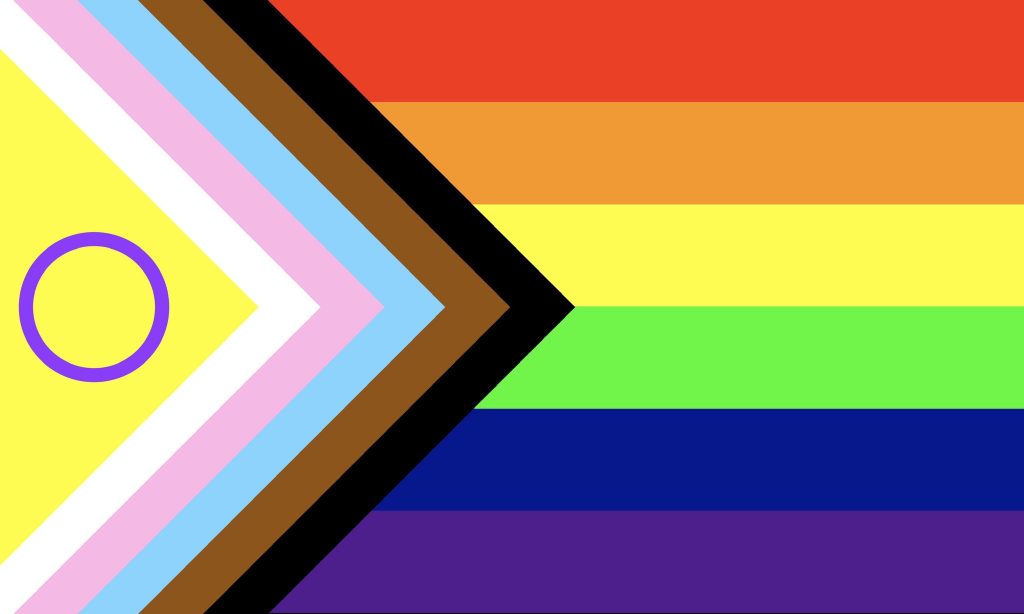systemic change & human rights
LGBTQIA+ Rights

Individuals from the LGBTQIA+ community are at a high risk of being approached or targeted by traffickers and exploiters.
This is because LGBTQIA+ youth face high rates of discrimination, violence, and economic instability.
LGBTQIA+ youth are often rejected by their families and are left homeless.
Increased Vulnerabilities:
After running away or being forced out of their homes, LGBTQIA+ individuals commonly fall into the hands of human traffickers who promise to accept them and provide for their basic needs.
They may, therefore, enter the street economy, engaging in commercial sex to meet these needs.
Barriers to Accessing Support:
LGBTQIA+ people face a difficult time accessing resources to escape exploitation. For example, members of the LGBTQIA+ community are at an elevated risk of experiencing negative interactions with law enforcement because of institutionalised homophobia and transphobia.
The situation is dire for transgender people, who often struggle to be heard, understood, and believed. They are also at a higher risk of facing police brutality. Many transgender people have a history of abuse by law enforcement, and as a result, are reluctant to seek help from police.
Impact of COVID-19:
The COVID-19 pandemic has and will continue to exacerbate the already existing, systemic and damaging vulnerabilities. New vulnerabilities have also been created including unemployment, economic challenges and reduced funding for LGBTQIA+ support organisations. These increased vulnerabilities threaten to drive those from the LGBTQIA+ community into more exploitative work, such as forced sex work and labour.
Additionally, the pandemic has resulted in an increased presence of young people online, with schools and universities being closed. This has contributed to increased cases of online sexual exploitation in the past few months. LGBTQIA+ people are frequently targeted online.
Moving Forward:
“In order to combat trafficking of the LGBTQIA+ community, we must address the systemic failures which have left LGBTQIA+ individuals especially vulnerable to exploitation and abuse in the first place. Efforts to improve biased institutions — from the criminal justice system to healthcare to the job market — and to promote public of LGBTQIA+ rights will not only help advance equality overall but will also prevent further exploitation.” – Katie Sgarro (a writer, social entrepreneur, and LGBTQIA+ advocate).
To read more about the LGBTQIA+ community and modern slavery, click here.
